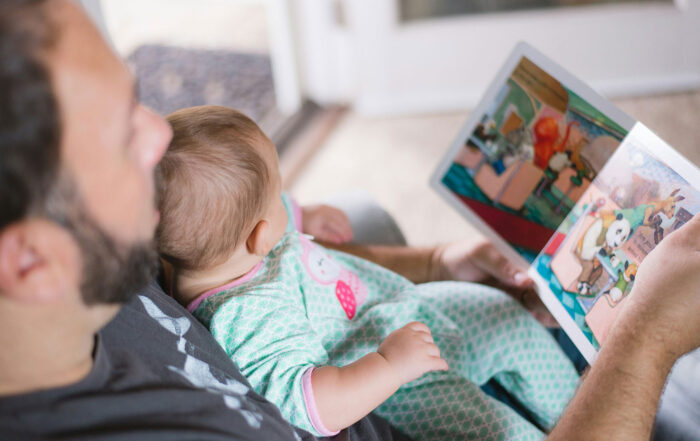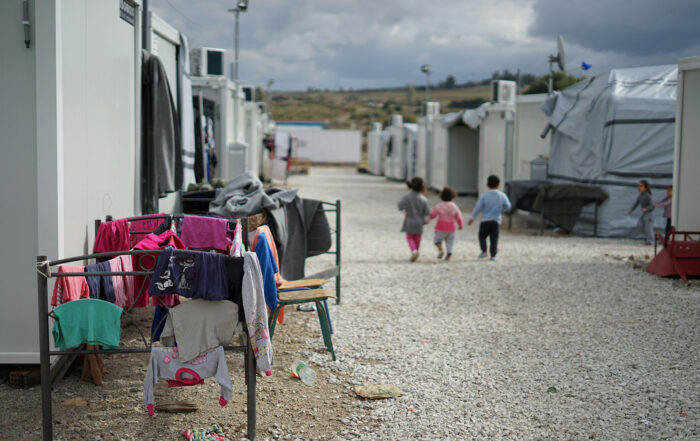
By Benjamin E. Saunders, PhD and Zachary W. Adams, PhD
The epidemiology of traumatic experiences in childhood is a key context for research, clinical treatment, program management, and policy development. This article discusses the conceptual, methodological, and programmatic challenges in precisely answering even relatively simple questions concerning the basic prevalence and incidence of important trauma types among American youth. Findings from studies using nationally representative samples and directly interviewing youth about their trauma histories are reviewed, and lifetime prevalence rates for various types of traumatic experience presented. Clinical application of this information and future directions are discussed.
Understanding the epidemiology of traumatic experiences in childhood is critical to conducting meaningful trauma research, developing effective trauma services and service delivery systems, and efficiently allocating resources for both activities. Without an understanding of the basic topography of these events in the lives of youth, there is a danger of over focusing on extraordinary, emotionally gripping, or highly visible types of events and overlooking less obvious or dramatic, but perhaps highly significant forms of trauma…
Share This Post!
Traumatic Bonding
By Kelly L. Burns, MA, LPC, ATR-P A traumatic bond occurs when you are involved in an abusive relationship, and the abuser becomes an essential part of your life. Abusive relationships [...]
Ukraine’s First Lady Olena Zelenska Takes On the Trauma Of War
By Simon Shuster/Kyiv lena Zelenska, the First Lady of Ukraine, got to bed late on the eve of the Russian invasion. Her kids were long asleep in the presidential residence south [...]
Parent Guidelines for Helping Youth after the Recent Shooting
By The National Child Traumatic Stress Network The recent shooting has been an extremely frightening experience, and the days, weeks, and months following can be very stressful. Your children and family [...]
Two Professors Found What Creates a Mass Shooter. Will Politicians Pay Attention?
By Melanie Warner Each time a high-profile mass shooting happens in America, a grieving and incredulous nation scrambles for answers. Who was this criminal and how could he (usually) have committed [...]
13 Million Children Face Hunger Every Day – and the Problem is Worse During the Summer
By Move For Hunger There are 13 million children in America who don’t know where their next meal will come from. Throughout the school year, many participate in programs that provide [...]
Sexual Abuse of Children at Camp is an Epidemic:
By Mick S. Grewal Sexual abuse by camp counselors is a national epidemic, according to various organizations, including Crime Stoppers. Every year, nearly 10 million children attend summer camp. In 2018, CBS [...]







